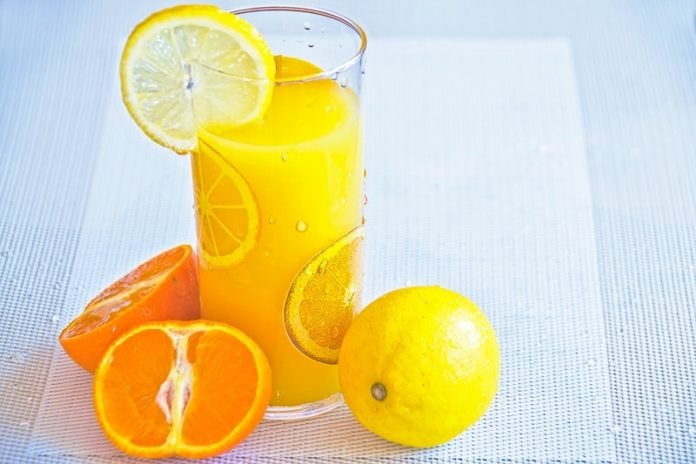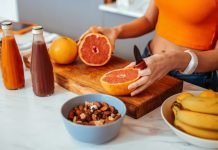
Scientists from Herlev and Gentofte Hospital found high vitamin C concentrations in the blood from eating fruit and vegetables are associated with a reduced risk of heart disease and early death.
They found that those with the highest intake of fruit and vegetables have a 15 percent lower risk of developing cardiovascular disease and a 20 percent lower risk of early death compared with those who very rarely eat fruit and vegetables.
The research is published in the American Journal of Clinical Nutrition and was conducted by Camilla Kobylecki et al.
Among other things, vitamin C helps build connective tissue which supports and connects different types of tissues and organs in the body.
Vitamin C is also a potent antioxidant that protects cells and biological molecules from the damage that causes many diseases, including heart disease.
The human body is not able to produce vitamin C, which means that we must get the vitamin from our diet.
The study is based on the Copenhagen General Population Study.
As part of the study, the researchers had access to data about 100,000 Danes and their intake of fruit and vegetables, as well as their DNA.
The team says eating a lot of fruit and vegetables is a natural way of increasing vitamin C blood levels, which in the long term may contribute to reducing the risk of heart disease and early death.
People can get vitamin C supplements, but it is a good idea to get vitamin C by eating a healthy diet, which will at the same time help to develop a healthier lifestyle in the long term, for the general benefit of health.
Sign up for our newsletter for more information about this topic.
If you care about supplements, please read studies about vitamin that is critical to cancer prevention, and why vitamin K is so important for older people.
If you care about nutrition, please read studies that vitamin C may help treat heart rhythm problem, and green tea may protect your body as a vaccine.
Copyright © 2022 Knowridge Science Report. All rights reserved.




